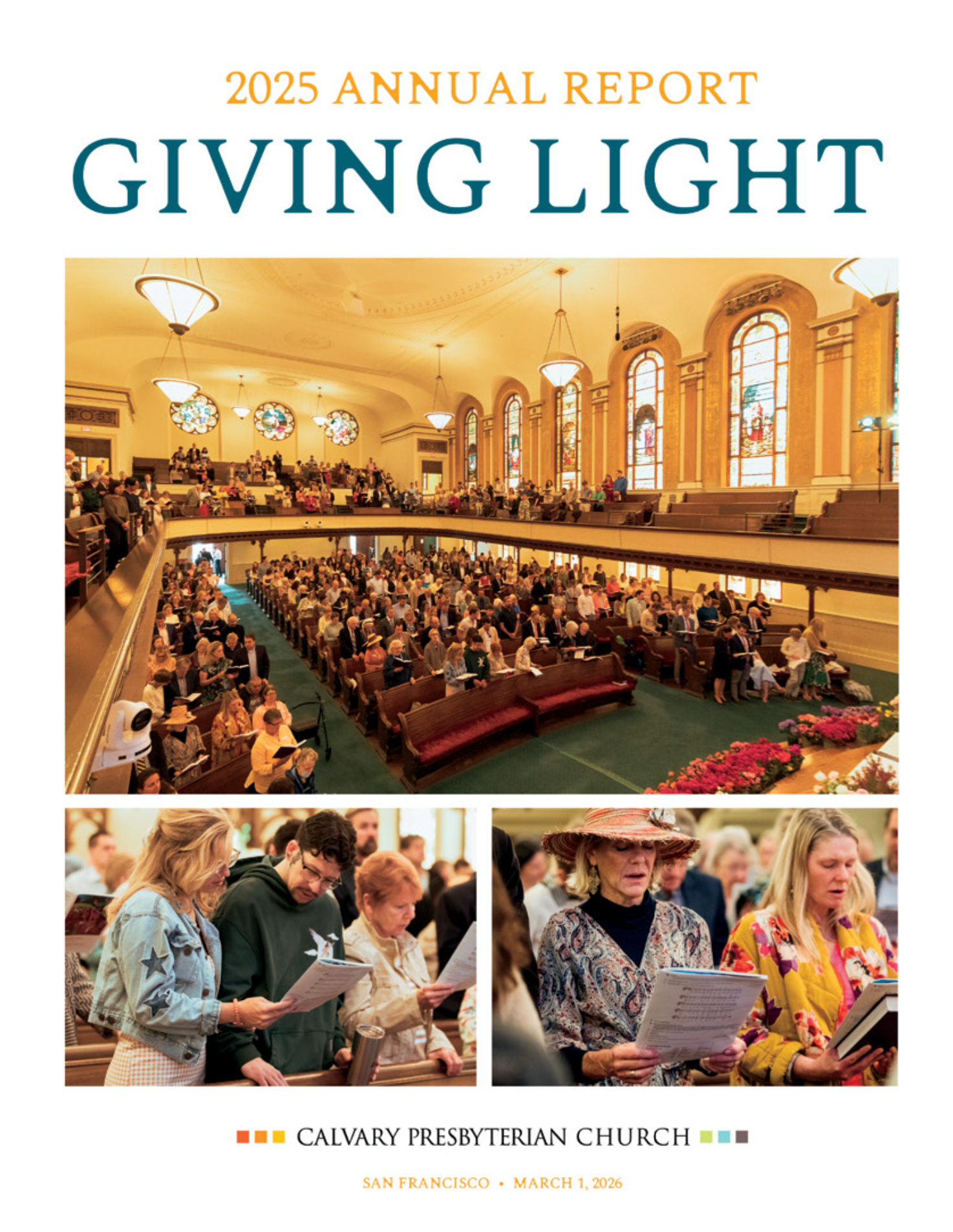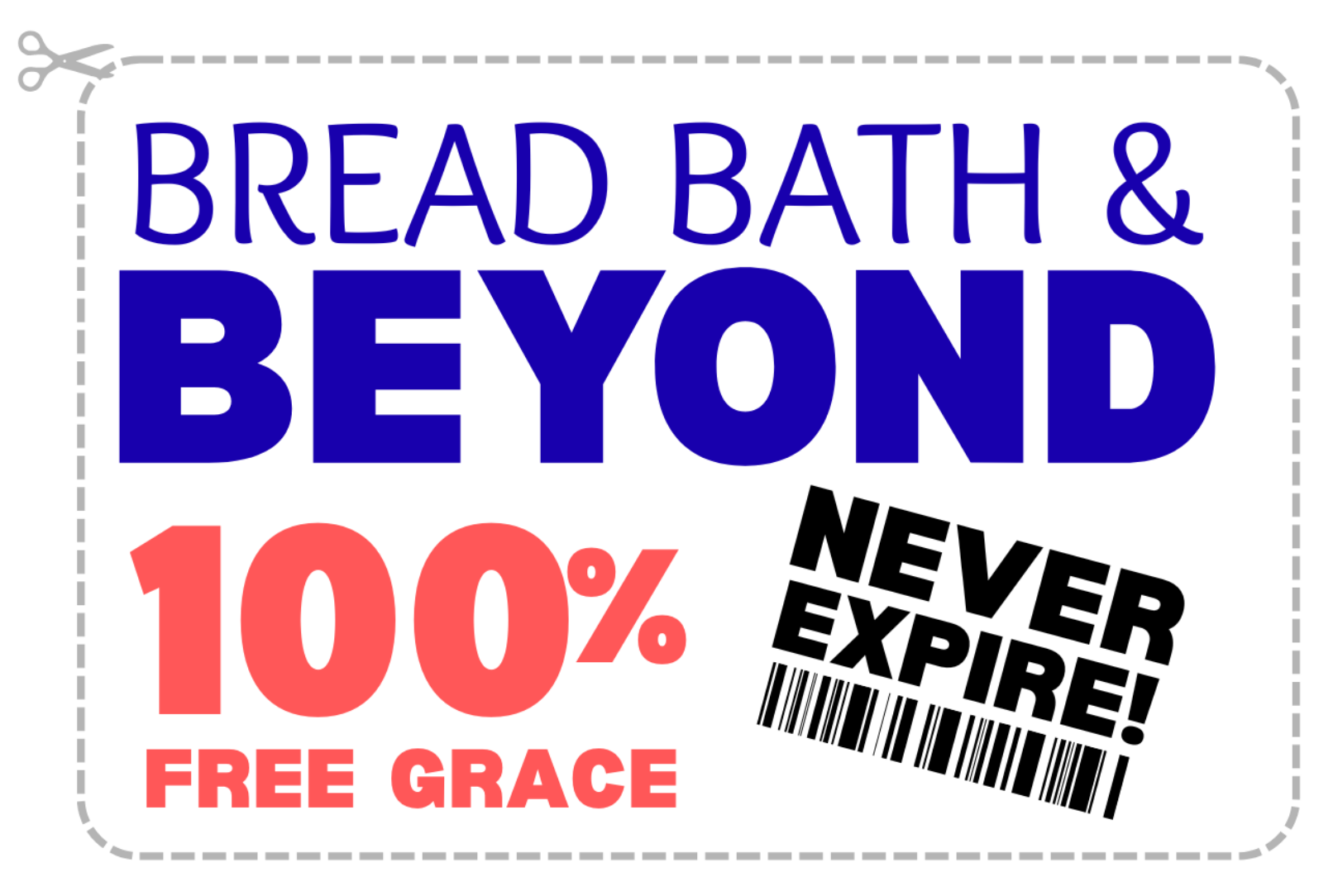How to Reach Our Kids by Practicing Nonviolent Communication
When faced with a moment of defeat, depression or sadness, giving ourselves empathy is often the last thing we do. Marshall Rosenberg and practitioners such as Judith Lasater, have written books about their long-time practice of nonviolent communication, otherwise known as NVC. They teach that empathy is the first thing that you offer to yourself when you hit an emotional wall. Yes, that is counter-cultural. I came to know NVC as a yoga teacher here in San Francisco when I took Judith Lasaters’ “Relax and Renew” restorative yoga trainings as well as her nonviolent communication training. These classes not only taught me concrete ways to work out small to large problems, but to respect each person in front of me by attempting, however badly, to communicate directly. I am still trying to sound natural when I attempt NVC with my teens, husband, parents, and friends. It is a life-long practice in tandem with growing in faith. At Calvary, we have values that parallel NVC as found in our mission statement, session trainings, and behavioral covenant.
I browsed the 2022 Calvary Ruling Elder Training booklet and was happy to learn more about how our Presbyterian Church (U.S.A.), Presbytery, and Calvary Presbyterian Church work as compassionate and democratic bodies of Christ. The training booklet specifically states that “part of the role of the session is to be a compassionate witness in the congregation and community.” Then it follows up with the section entitled “We sometimes disagree.” “As far back as 1788, Presbyterians recognized that ‘there are truths and forms with respect to which men (people) of good character and principles may differ’ and that we then need to exercise ‘mutual forbearance’ (F-3.0105). Disagreement is not a bad thing when it is expressed in ways that do not disturb the ‘peace, unity, and purity of the church’ (W-4.4003g).”
If we are following the NVC formula or the Calvary Behavioral Covenant, we first give ourselves empathy for whatever is happening. Then we mine our hearts to find out what we are feeling and try to articulate that into simple words. For example, “When the chip bag is left empty and the crumbs are all over the table, I feel frustrated, because I spent time during my day off to clean the table for all of us to have dinner.” After that, think about your proposed negotiation. Keep it short and sweet. As you know, people stop listening after a few words, especially if there is the word “you” or a blaming sentence coming at them. How about… “Would you be willing to throw away the chip bag and wipe up the crumbs when you have a snack?” Done! Now the conversation is in the other person’s court. They are not allowed to blame you for feeling frustrated as you own your feeling. They also cannot blame you for their chip bag and crumbs. If they don’t like your proposal, then they need to come up with another compromise. They might say, “I had five minutes to grab a snack and then had to get on a Zoom meeting, so I had no time to clean up. Next time this happens I will definitely pop the bag in the trash and wipe off the table with a napkin. I understand that you would probably rather do something other than clean the table on your day off.” I would then choose to give the chip-eater some connection, as I remember being hangry and hurried many times before and understand the constraints. This is a basic example parents might use with their children, teens, or partner/roommate. One can go onto the PhD versions of NVC approaches which might involve tears, difficult discussions, and multiple iterations of negotiations. For example, “When you leave the house without telling us where you are going, we feel scared. Would you be willing to leave a note, text, email or call to let us know where you will be, who you will be with, as well as your ETA home?”
We can use this conversational approach in our meetings at church, during our times with children or youth, as well as with the partners we work with in the community. Returning to the Calvary Behavioral Covenant, we see that this short guide is an agreement across a group, not a top-down declaration. Along with many other valuable statements it says, ” We communicate directly with one another. We practice: timely communication, two-way dialogue and respect for others’ opinions, speaking directly to others, especially when we need to address a disagreement or perceived wrong and understanding that sensitive conversations are best done face-to-face.” Whew! I have struggled with speaking directly face-to-face over the years. I have learned now that it is a scarier, but more efficient process. It can be a growth experience if empathy is in the room.
Judith Lasater refers to Sanskrit words from Patanjali’s Yoga Sutras such as satya, truth, ahimsa , non-violence, as well as “right speech” from the Zen Buddhism tradition. The Calvary Behavioral Covenant states “We are a people of faith. Our faith and trust in God governs everything that we do. We are a visionary congregation, and as part of a Reformed church tradition, we are open to growth, taking risks, and change.” We hope to be a healthy, growth mindset church who can face each other with truth and love. We can practice this at home every day honing in on our reactions, triggers, and feelings and then come to understand that there is a way to communicate and get what we need. Sometimes, the only communication we need is non-verbal such as: being next to a present person, getting a hug, fist-bump or physical recognition, getting alone time, or walking with someone.
On June 28 and 29, 2019, I put on a
Free Mom Hugs
shirt for the first time and went to the Trans March
in Dolores Park and then to the Civic Center for Pride events. I met other people who wore “Free Mom Hugs” or “Free Dad Hugs” t-shirts at these events. The only thing we asked people was, “Would you like a hug?” I am still in disbelief that I hugged so many people without worrying about getting the flu or covid. It was one of the most beautiful and energizing afternoons of my life. So many people, especially young adults, would briefly hug and then move on their way. Some tearfully expressed, “I haven’t seen my mom in a year, after they kicked me out.” or “I don’t know my Dad.” Some people would see our shirts and run toward us like children. We would hug like we’ve known each other for years. This was non-verbal and non-violent communication in a way I had never experienced and have not experienced since.











